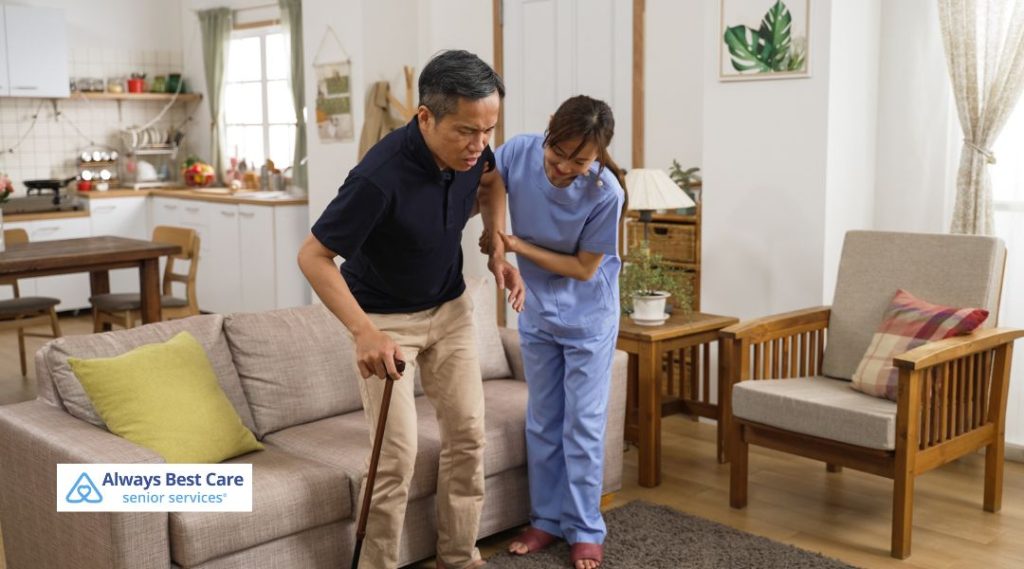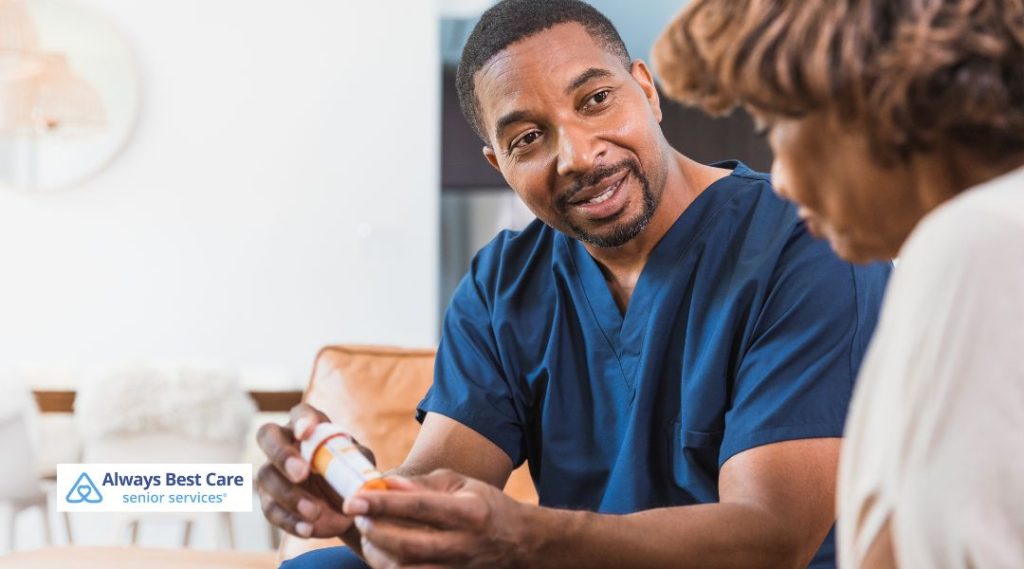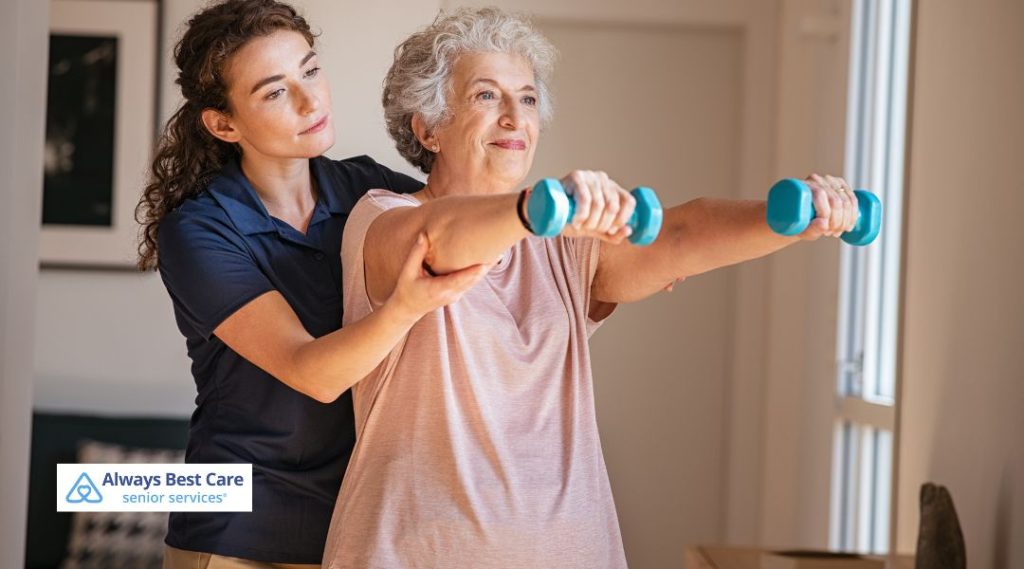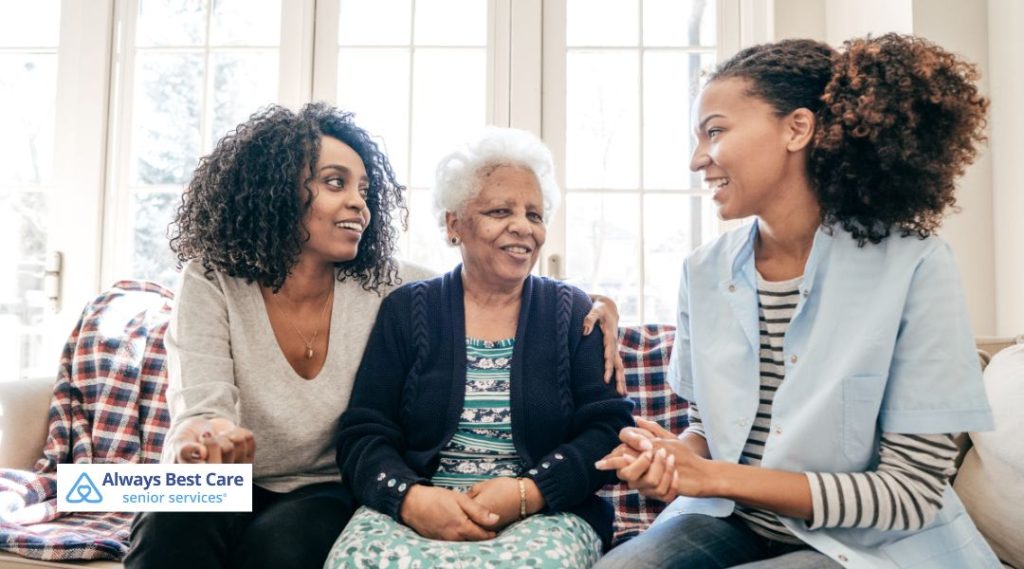From Hospital to Home: How to Ensure a Smooth Transition for Seniors in Longview

Recovering after a hospital stay can be a delicate process for seniors, requiring careful planning and support to ensure a safe and successful return home. Without the right assistance, challenges like medication management, mobility issues, and home safety concerns can make recovery more difficult.
In Longview, families and in-home caregivers play a crucial role in creating a seamless transition, helping seniors regain their independence while minimizing the risk of complications or readmission. By understanding their unique post-hospital needs and providing the right resources, we can make the journey from hospital to home as smooth and stress-free as possible.
Table of Contents
Common Challenges Seniors Face After Hospital Discharge
Transitioning from hospital to home can be overwhelming for seniors, often presenting a variety of physical, emotional, and logistical challenges. Many experience difficulty managing medications, following discharge instructions, or attending follow-up appointments. Limited mobility can make daily tasks like bathing, dressing, and cooking more challenging, increasing the risk of falls and injuries.
Feelings of isolation or anxiety may also arise, especially for those recovering alone. Maintaining proper nutrition and hydration can be difficult, impacting overall health and recovery. Without the right support, these challenges can lead to setbacks or even hospital readmission, making a strong post-hospital care plan essential.

Ensuring a Safe and Smooth Transition Home for Seniors
A successful recovery begins with a well-planned transition from hospital to home. Seniors often need extra support to manage daily activities, medication schedules, and mobility challenges. Having a structured care plan in place—whether through family, professional caregivers, or community resources—helps prevent complications and ensures their comfort.
Clear communication between healthcare providers and caregivers is essential to address any ongoing medical needs. By focusing on safety, proper care, and emotional well-being, seniors can regain their independence and confidence more quickly in a familiar and supportive environment.
Create a Safe and Comfortable Home Environment
The home environment plays a crucial role in a senior’s recovery. Simple modifications can prevent falls and enhance mobility, making daily routines easier to manage. Removing tripping hazards, improving lighting, and installing grab bars in key areas such as the bathroom and stairways can significantly reduce risks.
Comfortable seating, an accessible bed, and essential items within easy reach help seniors navigate their space with greater ease. Ensuring that the home is both safe and welcoming fosters a sense of security, allowing them to focus on healing without unnecessary stress.

Medication Management for Seniors
Managing medications properly is essential for recovery, yet it can be challenging for seniors, especially when multiple prescriptions are involved. Confusion over dosages, timing, or potential interactions can lead to serious health complications. Using pill organizers, setting reminders, or enlisting the help of a caregiver can make medication management easier.
Regular communication with healthcare providers and pharmacists ensures that prescriptions are updated and that any side effects or concerns are promptly addressed. A well-organized medication routine provides peace of mind and supports a smoother healing process.
Coordinating Follow-Up Care and Medical Appointments
Ongoing medical care is key to preventing setbacks and ensuring a full recovery. Seniors often require follow-up visits with their primary care physician, specialists, or physical therapists, making appointment coordination a critical part of post-hospital care.
Keeping track of scheduled visits, arranging transportation, and maintaining updated medical records help streamline this process. For those with mobility or health concerns, telehealth services can offer a convenient alternative. Ensuring seniors receive timely medical attention allows for early detection of potential issues, reducing the risk of complications and hospital readmission.

Promoting Mobility and Independence at Home
Maintaining mobility is essential for a senior’s recovery and overall well-being after a hospital stay. Limited movement can lead to muscle weakness, stiffness, and an increased risk of falls, making it important to encourage safe physical activity. Simple exercises, recommended by healthcare providers, can help improve strength and balance while preventing complications from prolonged inactivity.
Assistive devices such as walkers, handrails, and non-slip flooring can provide additional support, making it easier for seniors to move around with confidence. By promoting movement in a safe and controlled way, seniors can regain their independence and perform daily tasks with greater ease.
Engaging Seniors in Social and Mental Stimulation
A strong support system and regular mental engagement are just as important as physical recovery. After a hospital stay, seniors may feel isolated, leading to feelings of loneliness or depression. Encouraging social interactions, whether through visits from family and friends, virtual check-ins, or participation in senior programs, can help boost morale and mental well-being.
Activities such as reading, puzzles, music, and light hobbies stimulate cognitive function and provide a sense of purpose. Staying engaged and connected enhances emotional health, reduces stress, and contributes to a more positive recovery experience.

Benefits of Professional Caregivers During Recovery
Our professional caregivers at Always Best Care play a vital role in easing this transition by providing personalized care tailored to each senior’s unique needs. Their expertise helps prevent complications, reduces the risk of falls, and ensures that post-hospital instructions are followed correctly.
Our caregivers also offer much-needed relief for family members, giving them peace of mind knowing their loved one is receiving attentive and compassionate support. With professional care in place, seniors can focus on healing in a safe, comfortable environment.
Beyond physical care, emotional support is crucial to overall well-being. We provide companionship, engaging seniors in conversations, activities, and hobbies that bring joy and purpose to their daily lives.
Get Trusted Senior Care in Longview With Always Best Care!
From helping with daily tasks and managing medications to preparing nutritious meals and offering companionship, Always Best Care of Longview is here to help.
Contact Always Best Care of Longview at (855) 822-2227 to schedule a care consultation and explore how we can assist with your loved one’s recovery at home. Let’s ensure they have the right support for a healthy and successful transition.





